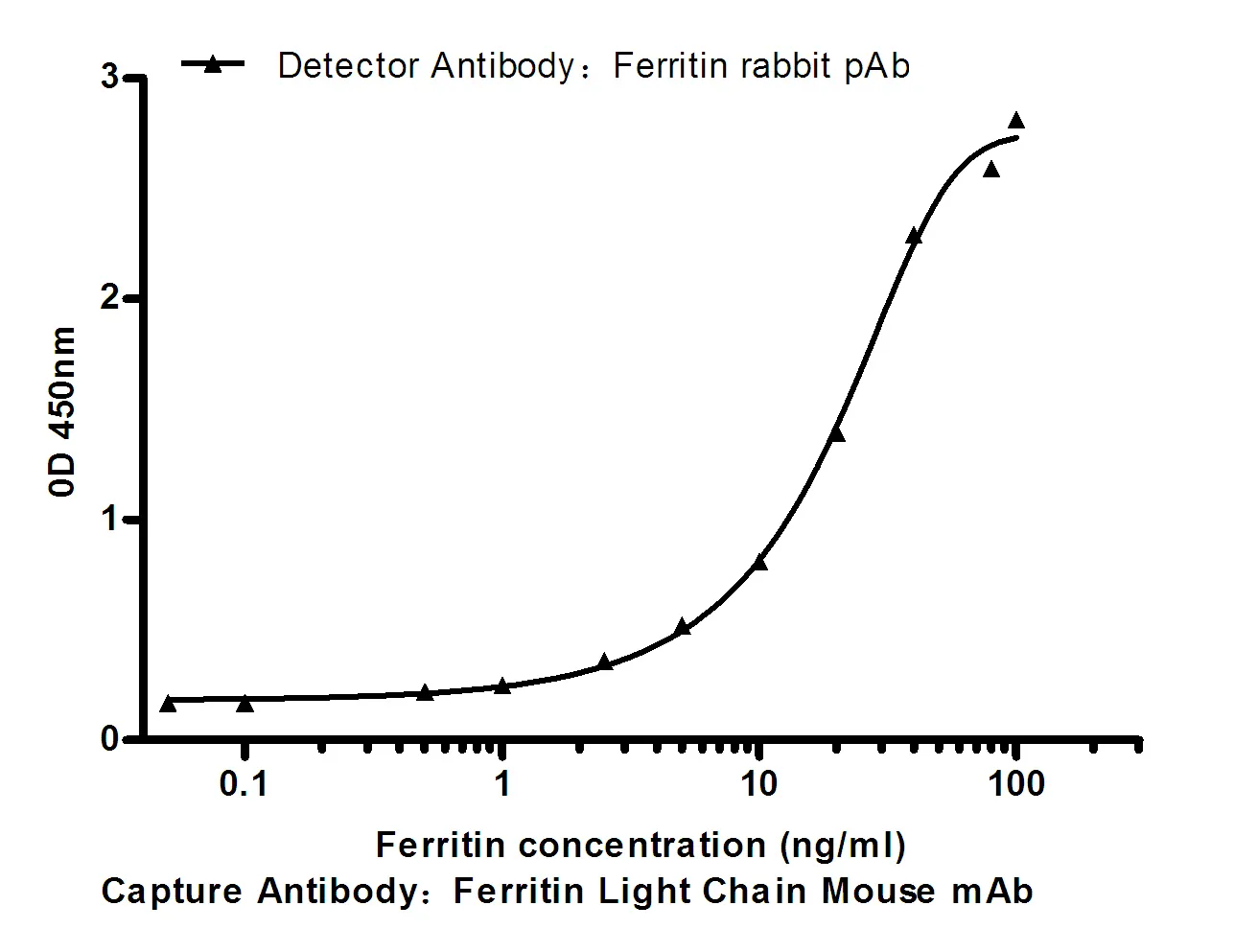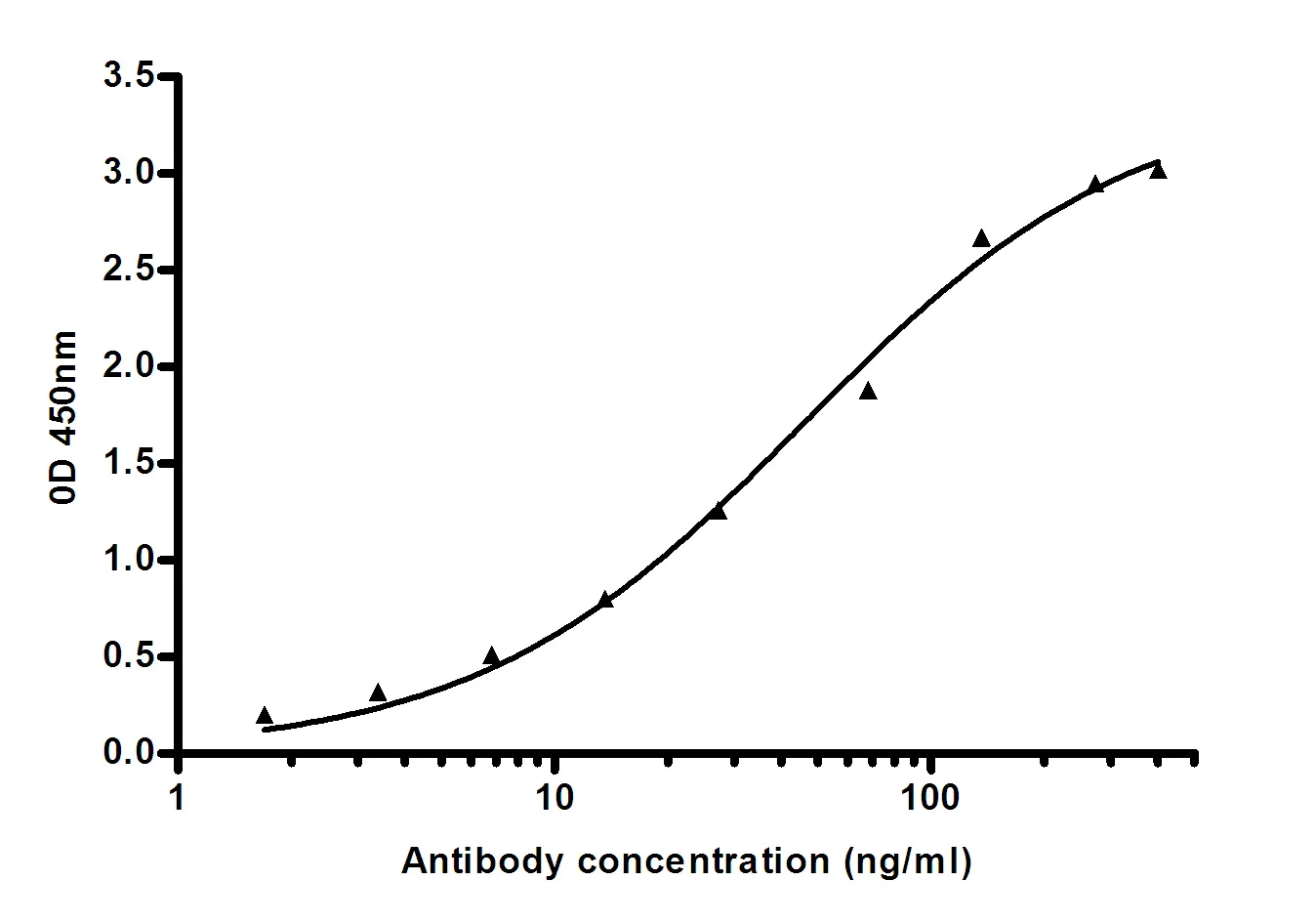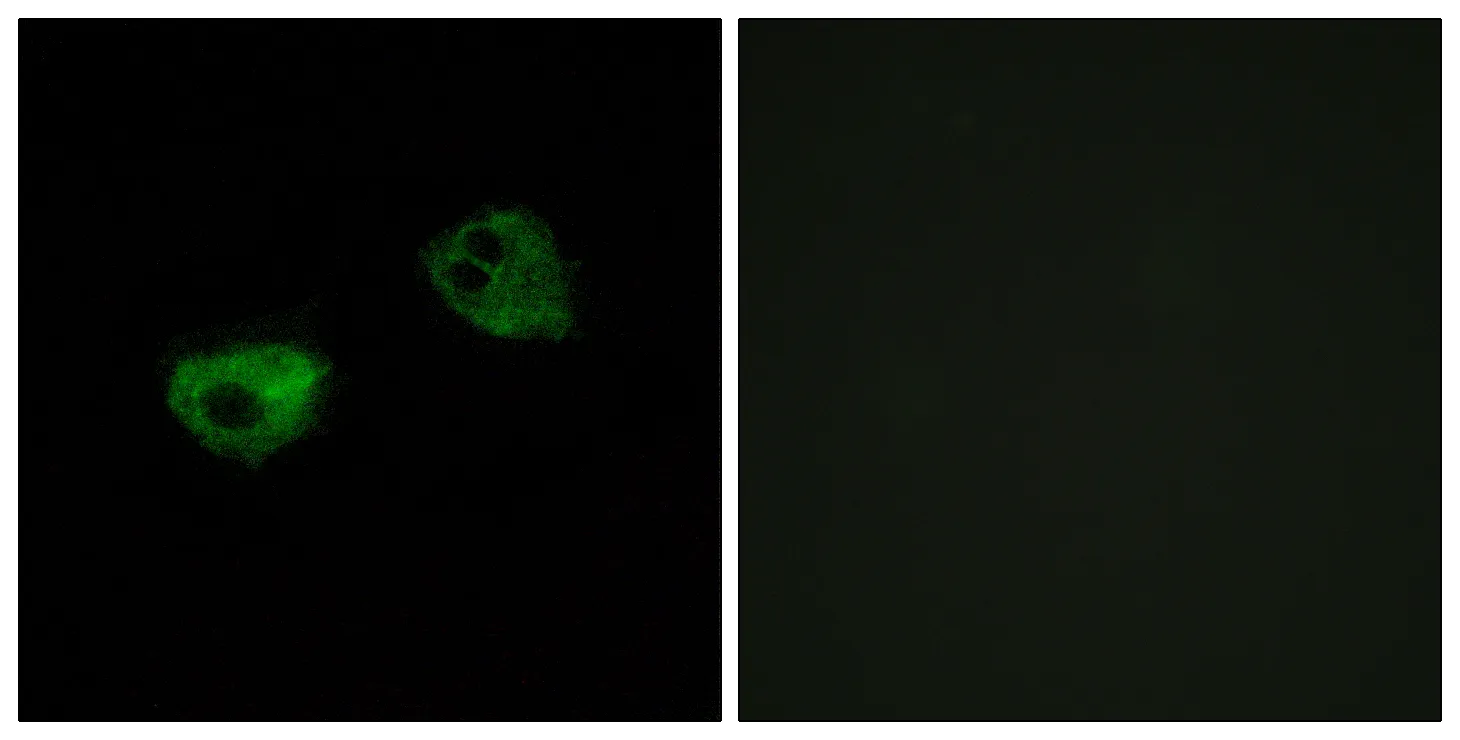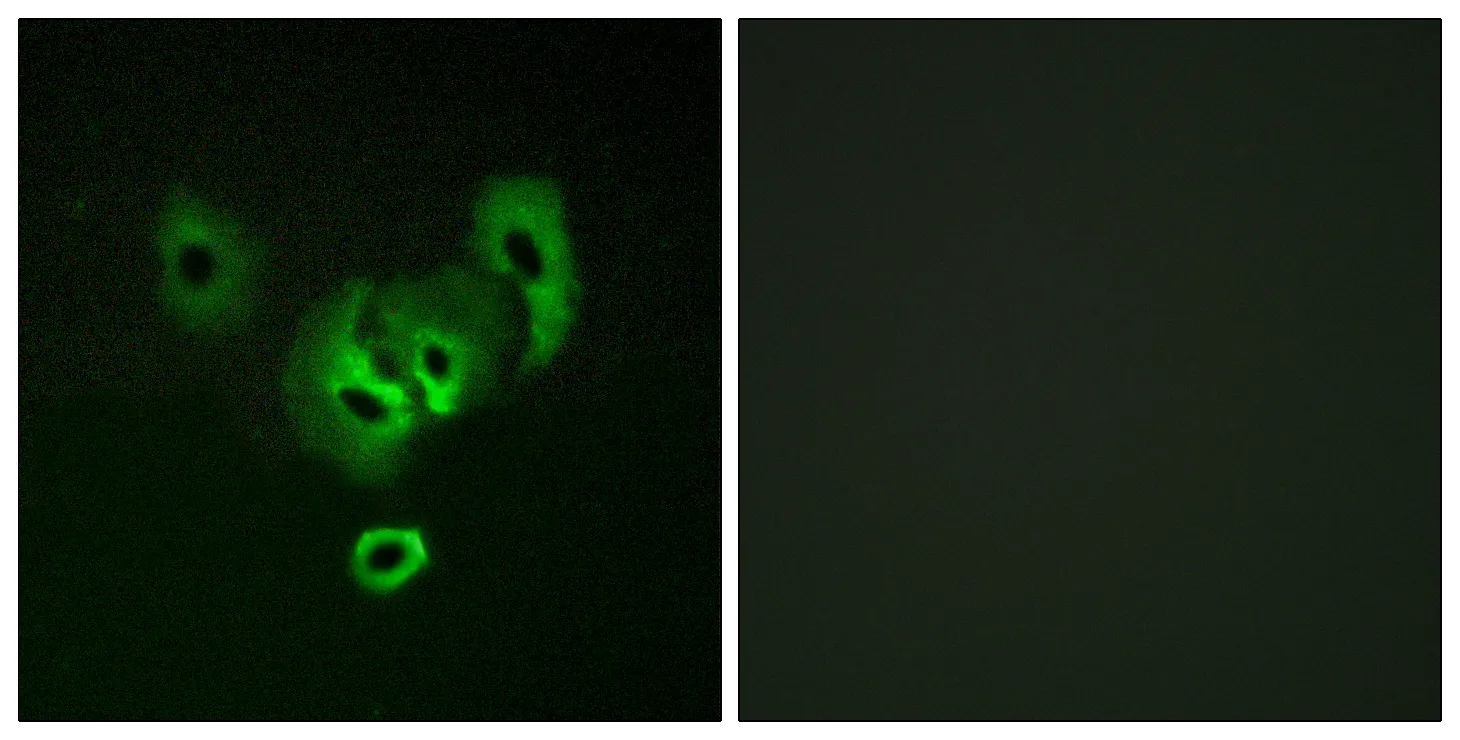Summary
Performance
Immunogen
Application
Background
function:Prevents the aggregation of denatured proteins in cells under severe stress, on which the ATP levels decrease markedly. Inhibits HSPA8/HSC70 ATPase and chaperone activities.,PTM:Phosphorylation on Ser-509 may be important for regulation of the HSPA8/HSC70 chaperone activity.,similarity:Belongs to the heat shock protein 70 family.,subunit:Interacts with HSPA8/HSC70.,tissue specificity:Highly expressed in testis. Present at lower levels in most brain regions, except cerebellum. Overexpressed in cancer cells.,function:Prevents the aggregation of denatured proteins in cells under severe stress, on which the ATP levels decrease markedly. Inhibits HSPA8/HSC70 ATPase and chaperone activities.,PTM:Phosphorylation on Ser-509 may be important for regulation of the HSPA8/HSC70 chaperone activity.,similarity:Belongs to the heat shock protein 70 family.,subunit:Interacts with HSPA8/HSC70.,tissue specificity:Highly expressed in testis. Present at lower levels in most brain regions, except cerebellum. Overexpressed in cancer cells.,
Research Area






